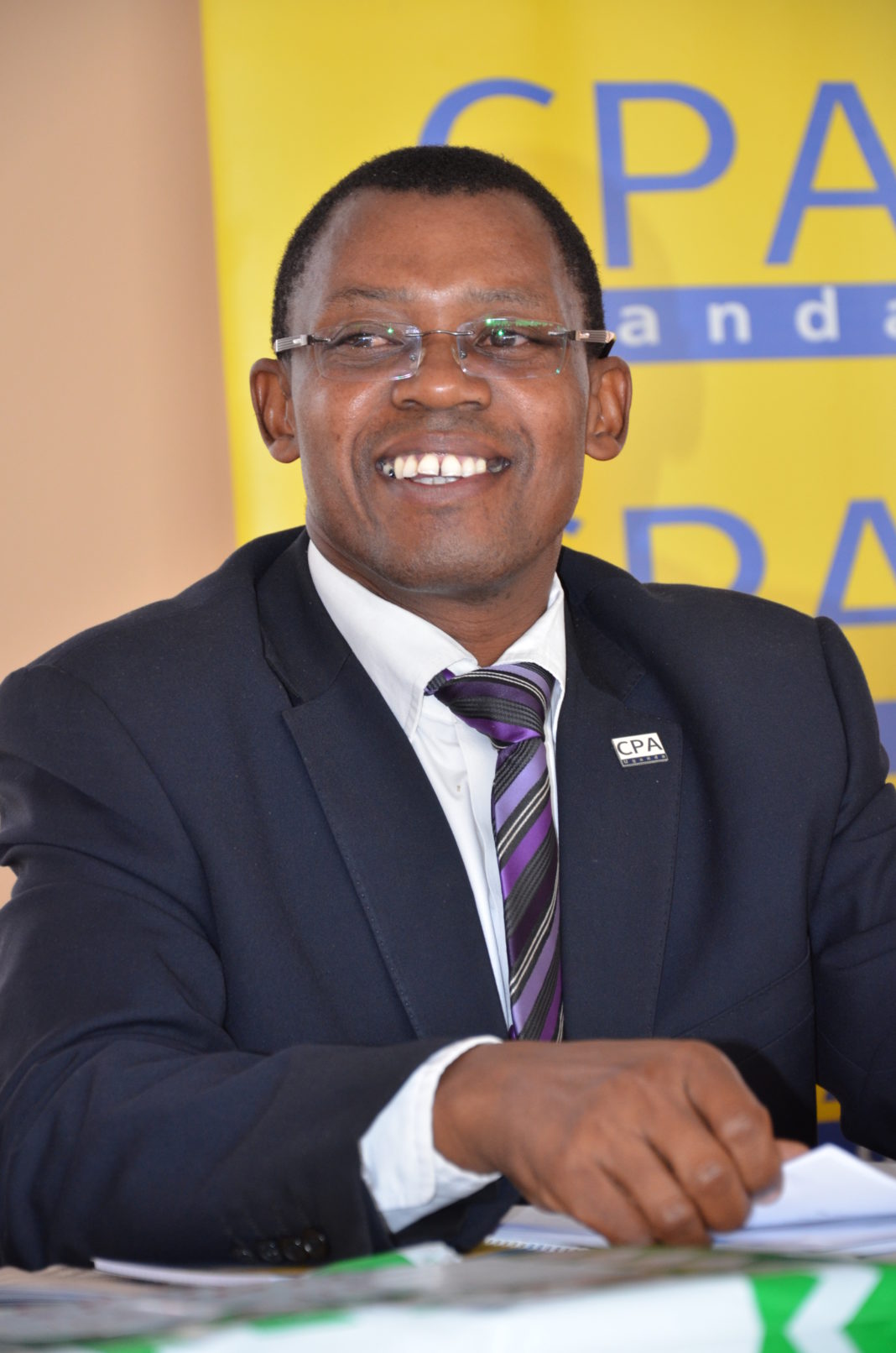As the ICPAU marks its Silver Jubilee, the Chief Executive Officer (CEO) of the organisation Derrick Nkajja answered some questions about the 25-year journey and below we reproduce the interview
Who was an Accountant then before establishment of the Institute of Certified Public Accountants of Uganda (ICPAU)?
A. Before the Accountants Statute of 1992, Uganda as a country was training and qualifying individuals solely through the university and colleges as accounting personnel. Any individual who would end up in any money or finance related activity would be categorised as an Accountant.
How was the profession regarded then?
Although the title ‘Accountant’ was known and there were some individuals who had trained outside Uganda as professional Accountants, the profession on its own was not well known. In fact those who strived to have ICPAU established faced a lot of obstacles from all corners of the country because many thought that the Accountancy profession was not that important to be with a proper strong framework.
How did ICPAU’s establishment change the Accountancy profession in the country?
The establishment of ICPAU, twenty five years ago, created a firm foundation on which the accountancy profession in Uganda has been built. ICPAU has since gone on to educate the public on the role of the accountancy profession; established a qualifying examinations scheme that has helped Ugandans to train and gain accountancy skills at affordable cost. ICPAU has qualified over 2,500 individuals through the Certified Public Accountants of Uganda course [CPA(U)] as well as over 1,300 individuals through the Accounting Technician Certificate course [ATC(U)]. In the process, ICPAU has enabled the country to train high calibre human resources and save foreign exchange since Ugandans used to train based on foreign courses. The emergence of ICPAU has helped to raise the debate on the role of the accountants in the economy. Institutions like the Office of Auditor General, Inspector General of Government, Ministry of Finance, Planning and Economic Development, Uganda Revenue Authority have all started to employ and also use the services of trusted professional accountants. It should also be noted that in the process as the professionals started unearthing the financial problems within our country, which on many occasions people have inadvertently [and I attribute this to lack of knowledge on the role or value of the profession] reflected it as a problem of the accountants yet in many of those cases the individuals involved are not accountants in the spirit of Uganda’s laws as well as our professional values and code of ethics.
Who is an Accountant today and how is the profession regarded?
According to the Accountants Act, 2013, an Accountant in Uganda is a member of the Institute of Certified Public Accountants of Uganda (ICPAU). The membership is in two categories; Full Membership and the Associate Membership.
The accountancy profession’s standing has greatly improved although more is desired. We call upon the general public, especially the business community to always interact with and use the services of professional accountants. It has been proven world over that there is a very strong relationship between the development of an economy and increased usage of professional accountancy services. Our members have started to be entrusted with leadership of organisations and that is a vote of confidence in who they are as individuals but also as a profession because that is their training skill set.
Generally, how has the Accountancy profession evolved over the years since the establishment of the Institute?
At that time, Uganda as a country officially had only 79 professional accountants. Since then, the number of professional accountants in the country has increased to over 3,600 so there has been growth in numbers although still not enough. The economy has grown and the demand for accountancy services has also grown. In terms of what the profession looks like, there has been a great shift in the way the profession is trained in Uganda. The training has taken a more rigorous approach and the individuals who complete are well grounded in the subject knowledge but need to demonstrate usage of that knowledge by attaining at least three years of practical experience before they can be registered as full members of the Institute. The profession has also progressed in terms of technological advancement and many routine tasks that used to be executed as part of accounting function are now automated.
The accountancy profession is one of those that have been named to be highly affected by advancements in technology. Technology may lead to loss of many accounting jobs and there are smart softwares that can process large amounts of data and give the right answers all the time without any downtime. How are you preparing future accountants for this challenge?
Yes, technology has advanced rapidly over the years but so are the demands of society. We believe the accountancy profession will still exist in another form. We are already noting the demands of voluminous data that has been brought about by technology and as a profession we are now flagging data analytics as part of our profession. So yes, we take note of the changes within society and include within our syllabuses areas of new interest for the profession to keep pace with new trends.
‘Analogue’ accountants have been tipped to be replaced by more tech savvy ones, how is the Institute prepared in regards to human capital development?
[this question is similar to the one above]
As ICPAU, we regularly carry out surveys to understand new demands and adapt accordingly. We assure the users of accountancy services and employers that human capital development is part of our mandate in the maintenance of the standard of accountancy in Uganda and we are working to fulfill that mandate in line with the evolving demands.
Developments in technology are always associated with risks such as cybercrime and fraud, how are Accountants dealing with this?
Risks are a daily occurrence and part of the accountancy training is to identify risks and learn how to mitigate the identified risk. The risk of fraud and cybercrime is an everyday risk and is mainly posed by IT challenges. So as ICPAU, our focus is to ensure that we have the appropriate training regime for our accountants to deal with the ever-changing IT landscape. Fraud by nature evolves from unethical disposition and as a profession accountancy organisation, we emphasize ethical conduct for all our members and we have a code of conduct to follow which includes a disciplinary mechanism with sanctions that may lead one to be removed from the profession.








